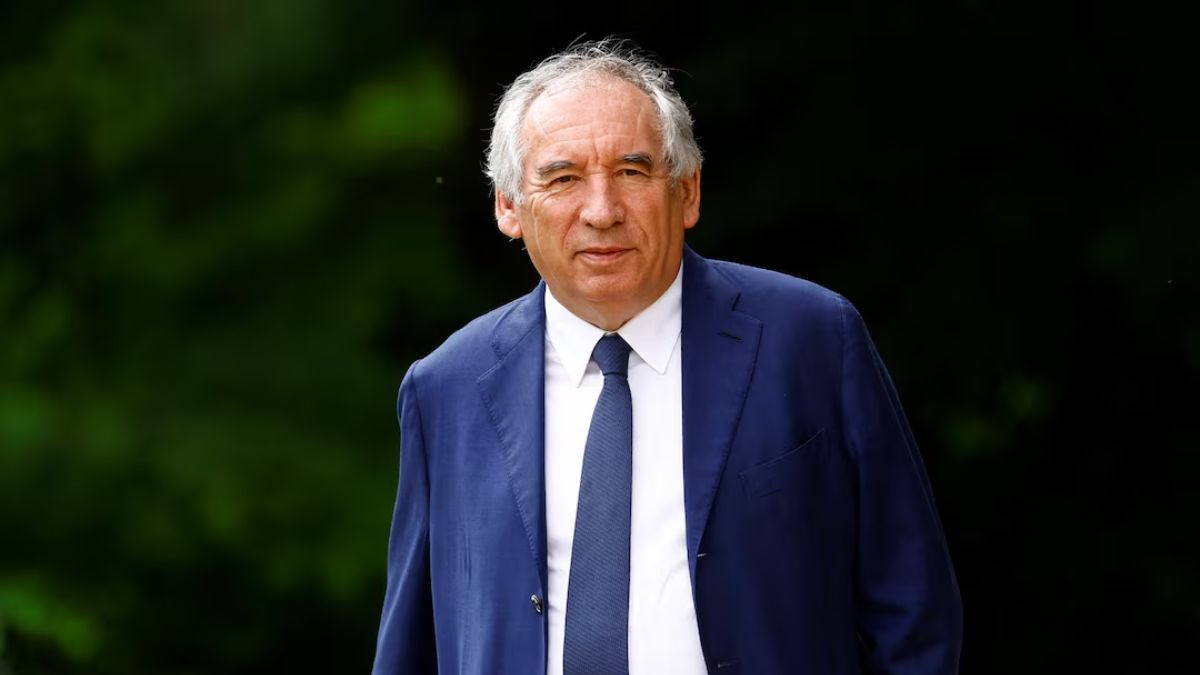French President Emmanuel Macron on Friday (December 13) named centrist politician Francois Bayrou as the new prime minister of the country. Bayrou, 73, is the fourth person to take the post of prime minister this year, as French politics remained chaotic due to a growing political crisis in a divided parliament.
A veteran centrist and leader of the Democratic Movement (MoDem), he is the sixth prime minister of Macron’s mandate.
“The President of the Republic has appointed Mr. Francois Bayrou as prime minister and tasked him with forming a government,” the French presidency said in a statement.
A strong, dependent ally
Bayrou’s MoDem has been part of Macron’s ruling alliance since 2017. He is one of few political heavyweights to have stood by Macron ever since he assumed the role of president.
He was named the justice minister after Macron’s win.
Bayrou remains a prominent figure and a longtime mayor of Pau in southwest France and has often emphasised his rural political identity.
Three-time presidential candidate
Bayrou has been a presidential candidate three times– in 2002, 2007 and 2012. He was long cited as an obvious choice for Macron as head of government, and now finally has his chance.
Fraud-accused
Bayrou resigned from his position as the justice minister after he was accused in a case over fraudulent employment of parliamentary assistants by his party. He was acquitted in February this year after a seven-year-long case, the judge ruling that he was owed the “benefit of the doubt”.
Impact Shorts
More ShortsA kingmaker
In the past decade in France, Bayrou has been seen as a kingmaker. He offered an alliance to Macron in 2017 to prevent the far-right from staking claim to the Palais de l’Élysée. Prior to that, in 2012, he had thrown his weight behind François Hollande. In both those situations, his support was crucial to the to-be Presidents’ victories.
What’s ahead for Fracois Bayrou?
Bayrou, a close ally of Macron, is expected to present his list of ministers in the coming days. However, he is likely to encounter similar difficulties as his predecessor Michel Barnier did in steering legislation through a hung parliament that comprises three blocs at odds with each other.
His proximity to the deeply unpopular Macron is understood to be a vulnerability.
With inputs from agencies
)